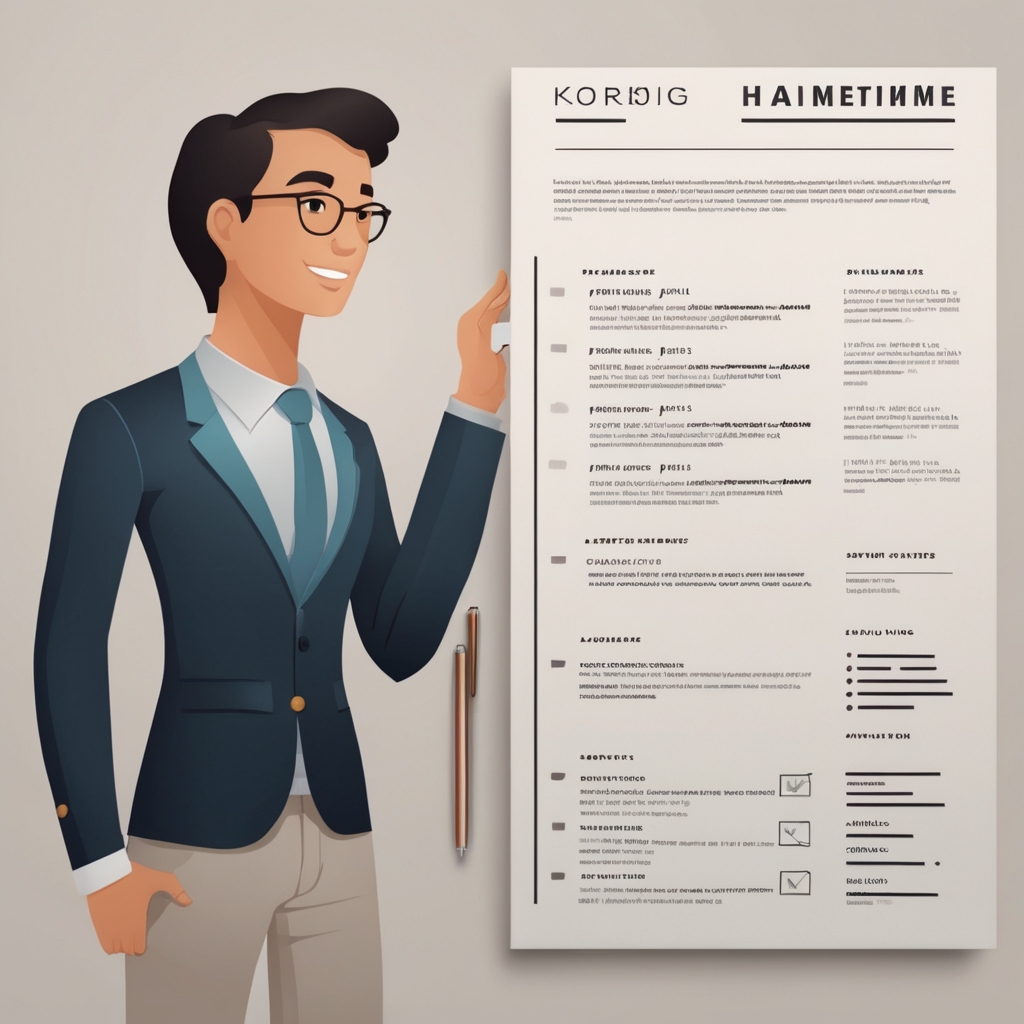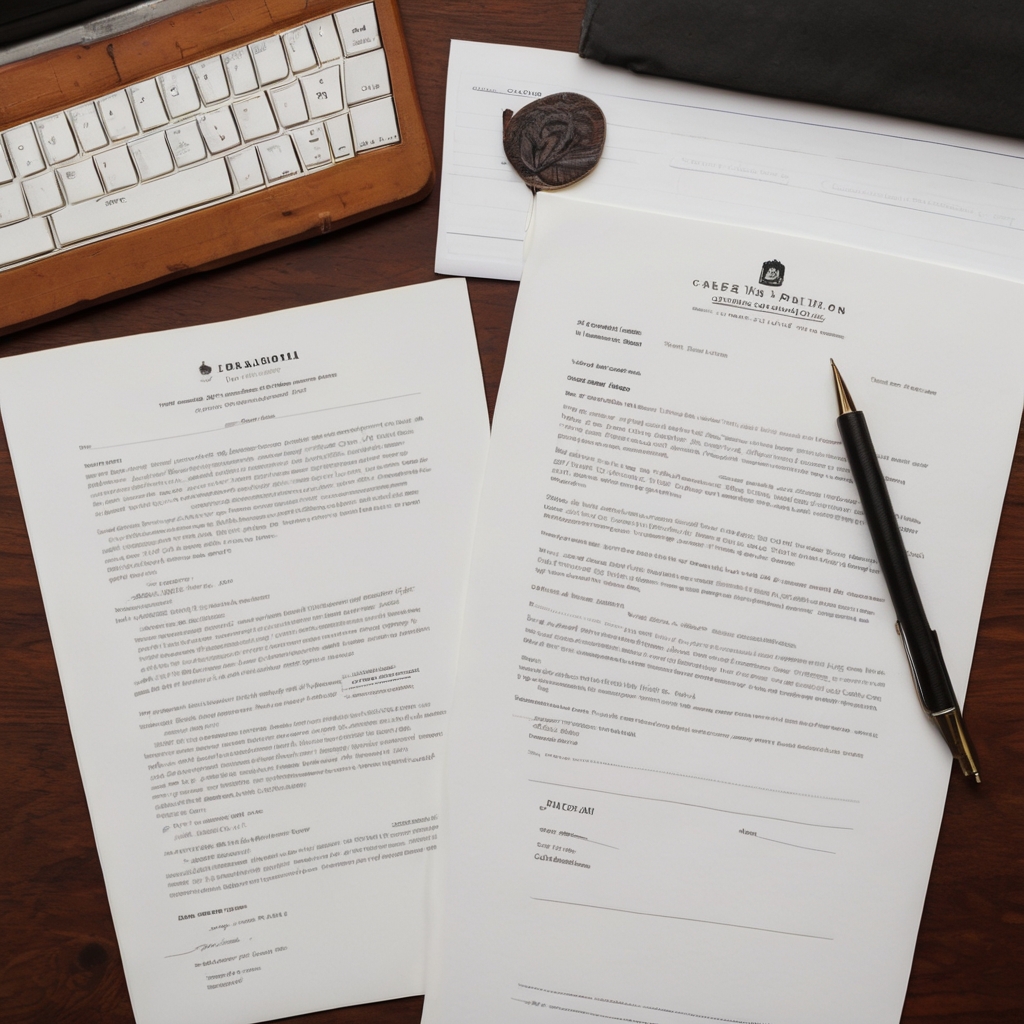Imagine you are a hiring manager going through a resume, what would first catch your eye? No doubt, the skills an applicant possesses can make or break their chances of landing an interview. Hiring managers and recruiters look for specific competencies that align with the role they are hiring for. That’s why knowing the best skills for a resume is crucial.
Let’s explore 12 top resume skills that employers value, with real-world examples of how you can tie them into your resume.
Hard Skills vs. Soft Skills: What’s the Difference?
Before diving into the best skills for a resume, it’s important to understand the two main types of skills:
- Hard Skills: These are technical, job-specific skills that can be measured, such as programming, graphic design, or data analysis.
- Soft Skills: These are interpersonal skills and character traits that help you succeed in any work environment, such as communication, leadership, and teamwork.
Both hard and soft skills are essential, and the right balance can make your resume more appealing to hiring managers.
12 Best Skills to Put on a Resume (With Examples)
1. Communication Skills
Why it matters: Every job requires some level of communication, whether written, verbal, or digital. Here’s an example you can try: “Effectively managed client communications, resulting in a 20% increase in customer satisfaction.”
2. Problem-Solving Skills
Why it matters: Employers want professionals who can navigate challenges independently. Here’s an example you can try: “Identified inefficiencies in workflow, implementing a new system that reduced processing time by 30%.”
3. Leadership and Management
Why it matters: Leadership is valuable, even if you’re not in a managerial position. Here’s an example you can try: “Led a team of 5 developers on a project that delivered ahead of schedule by 2 weeks.”
4. Project Management
Why it matters: The ability to oversee projects from start to finish is highly sought after. Here’s an example you can try: “Successfully managed a $500,000 budget project, meeting all objectives within deadline.”
5. Adaptability
Why it matters: Work environments change rapidly, and employers seek those who can adjust. Here’s an example you can try: “Quickly transitioned to remote work, maintaining 100% productivity levels.”
6. Technical Skills (Industry-Specific)
Why it matters: Job-specific technical skills demonstrate expertise in a particular field. Here’s an example you can try: “Proficient in Python, Java, and SQL, with 3 years of experience in backend development.”
7. Customer Service Skills
Why it matters: Businesses thrive on customer satisfaction. Here’s an example you can try: “Handled over 50 customer inquiries daily with a 95% satisfaction rating.”
8. Teamwork and Collaboration
Why it matters: Most roles require working effectively with others. Here’s an example you can try: “Collaborated with cross-functional teams to streamline workflow, boosting efficiency by 25%.”
9. Time Management
Why it matters: Employers value those who can handle workloads efficiently. Here’s an example you can try: “Managed multiple projects simultaneously, meeting all deadlines without compromising quality.”
10. Analytical and Critical Thinking
Why it matters: The ability to analyze data and make informed decisions is valuable across industries. Here’s an example you can try: “Conducted data analysis that improved marketing strategies, increasing conversion rates by 15%.”
11. Digital Literacy
Why it matters: Employers expect modern professionals to be proficient with digital tools. Here’s an example you can try: “Skilled in Microsoft Office Suite, Google Analytics, and CRM software.”
12. Negotiation and Persuasion
Strong persuasion skills are useful in sales, leadership, and client-facing roles. Here’s an example you can try: “Negotiated vendor contracts, reducing company expenses by 18%.”
How to Choose the Right Skills for Your Resume
Not every skill belongs on every resume. Here’s how to decide what to include:
- Match the job description: Look at the required skills and tailor your resume accordingly.
- Use a mix of hard and soft skills: A balanced combination makes you more appealing.
- Provide measurable results: Whenever possible, quantify your achievements to showcase impact.
Final Thoughts
Your resume should clearly highlight the best skills that make you an ideal candidate for the job. Use this guide to choose the right resume skills and back them up with solid examples.
Don’t leave your job search to chance. Let LightForth help you craft a resume that stands out. Whether you need AI-generated summaries, keyword optimization, or expert guidance, LightForth makes the process seamless. Get started today!






